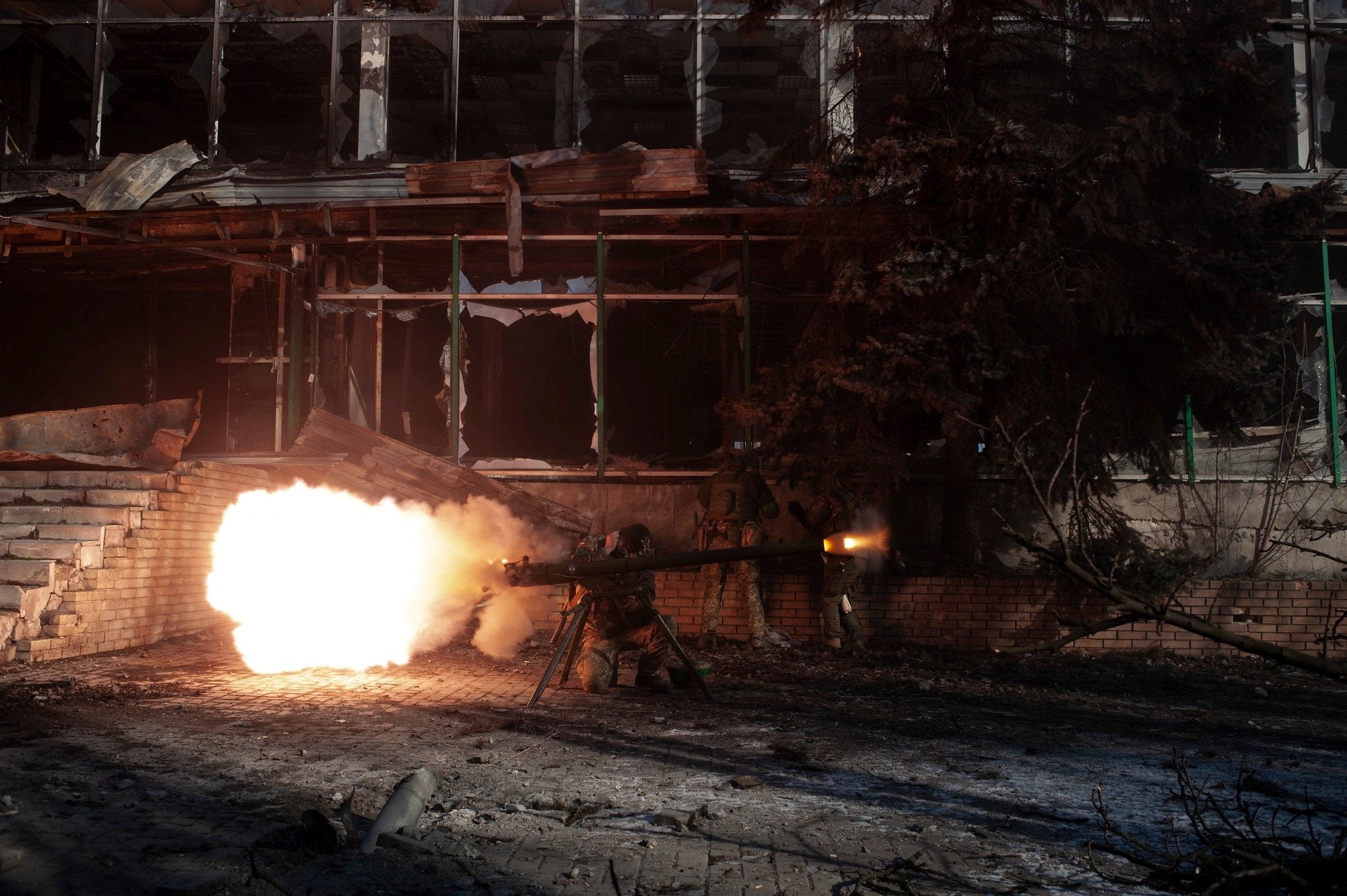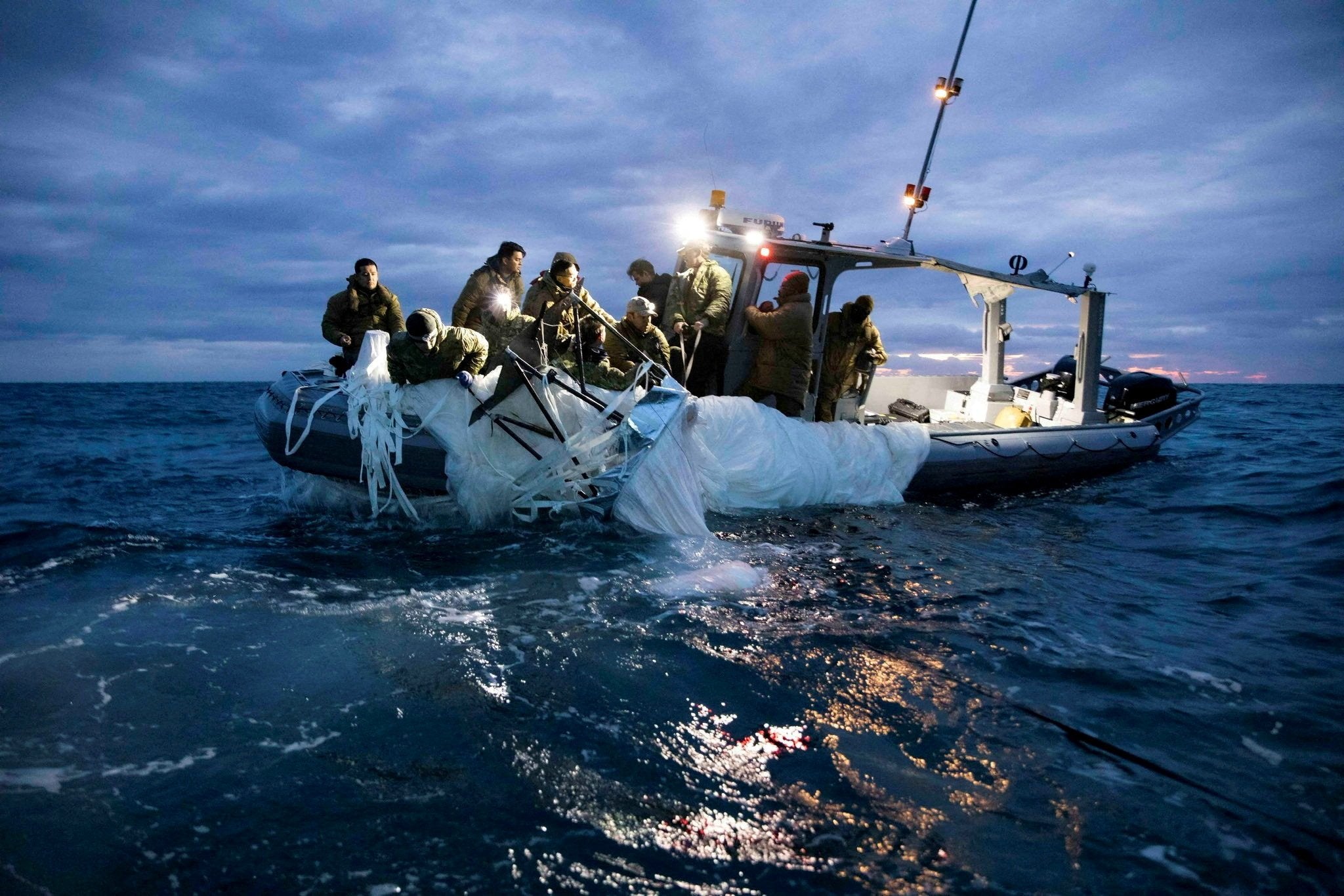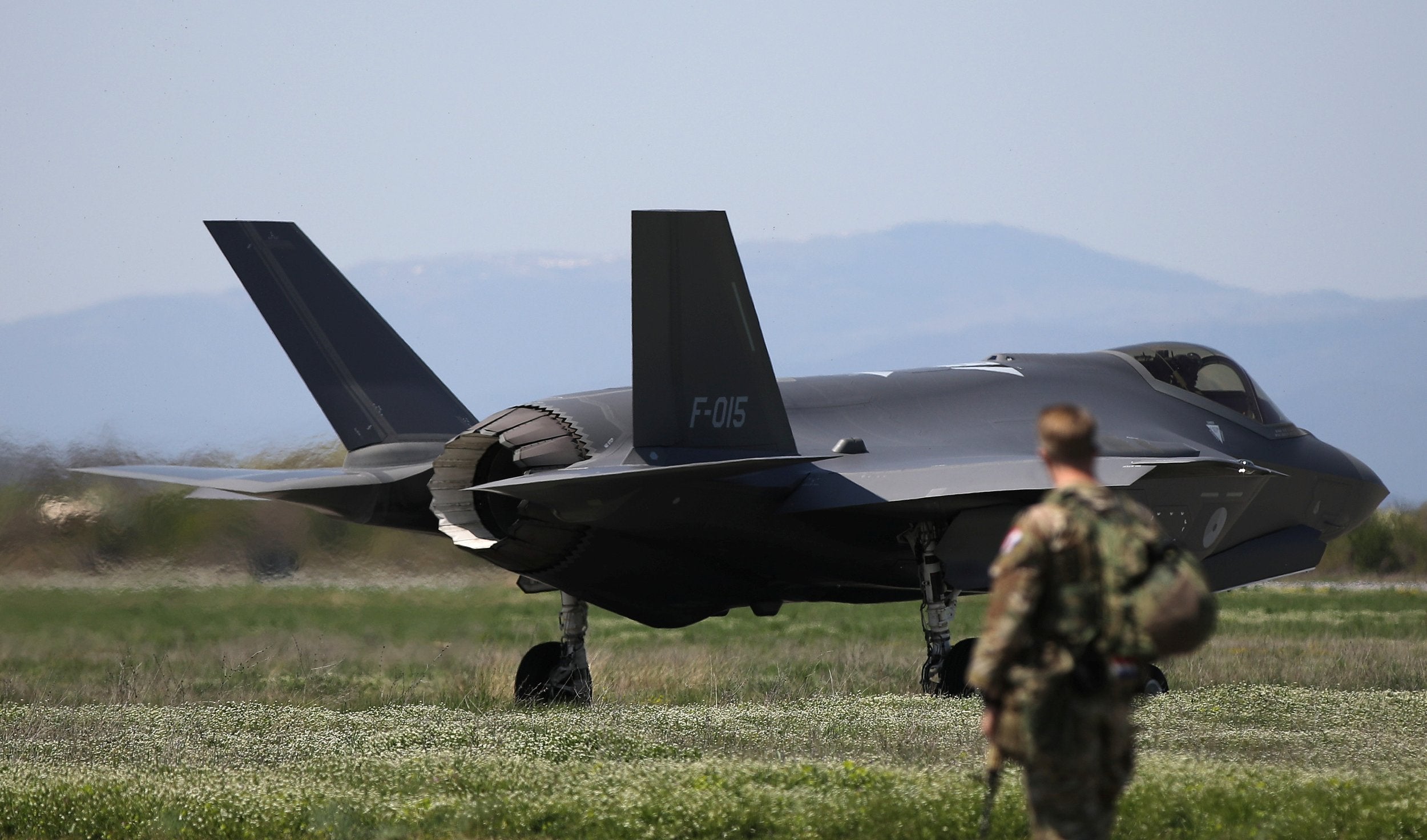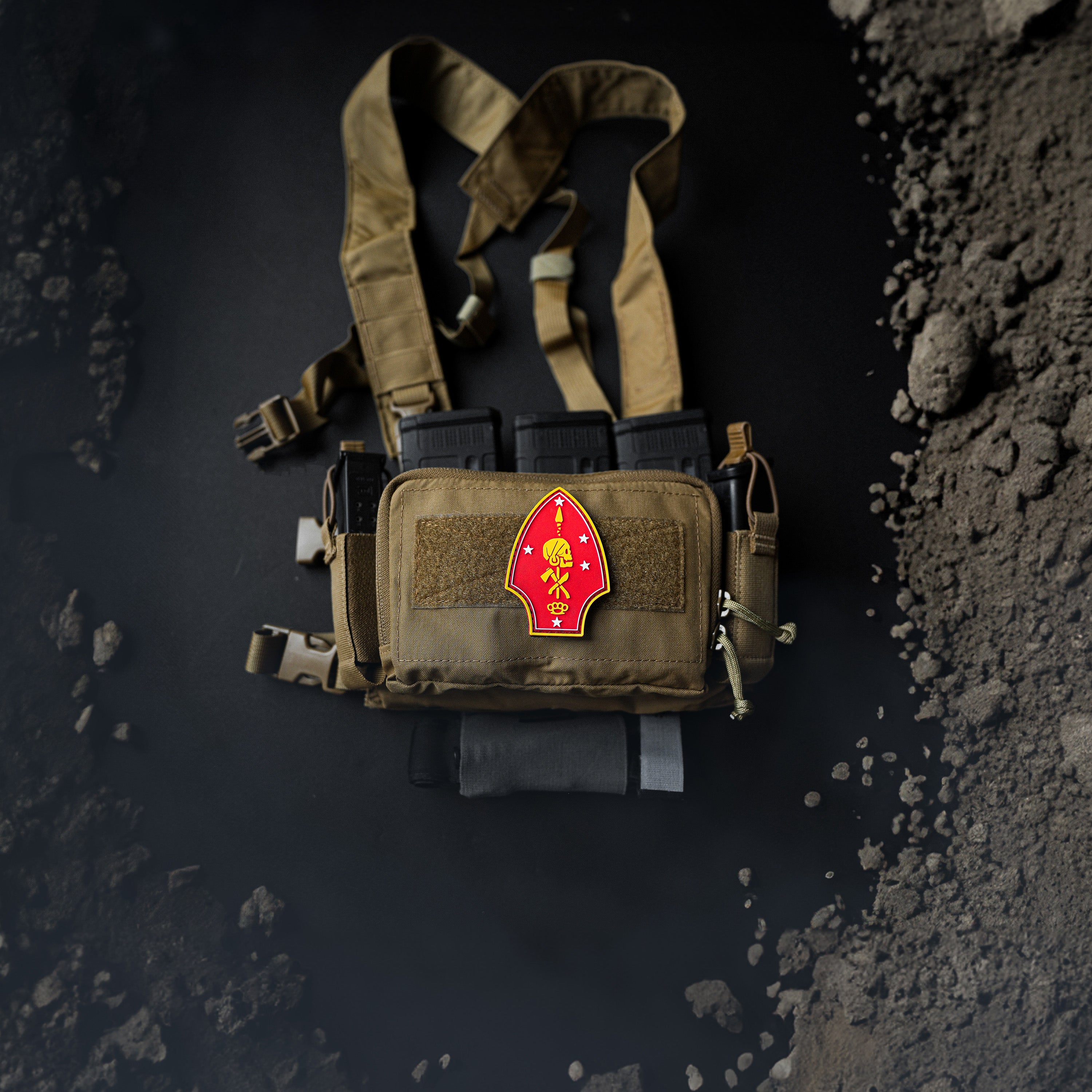
Allies mull more arms for Ukraine as Russia mounts new Bakhmut offensive, NATO says
KYIV (Reuters) - Russian forces bombarded Ukrainian troops and towns along front lines in the eastern Donetsk region on Tuesday in what appeared to be early salvoes of a new offensive as Western allies met in Brussels to discuss sending more arms to the Kyiv government.
Bakhmut, a city in Donetsk province and a principal target for Russian President Vladimir Putin's invading army, was in a precarious position.
"There is not a single square metre in Bakhmut that is safe or that is not in range of enemy fire or drones," regional governor Pavlo Kyrylenko told Ukraine's national broadcaster.
He said Russian artillery was hitting targets all along the front lines in Donetsk, which along with Luhansk province makes up the Donbas, Ukraine's industrial heartland and a major objective for the Russians.
With the first anniversary of Russia's invasion nearing, the Kremlin has intensified operations across a broad swathe of southern and eastern Ukraine, and a big new offensive has been widely anticipated.
Before a meeting of NATO defence ministers in Brussels, the alliance's Secretary-General Jens Stoltenberg said Western countries needed to increase ammunition supplies to Kyiv.
"We see no signs that President Putin is preparing for peace. What we see is the opposite, he is preparing for more war, for new offensives and new attacks," he told reporters.
Ukraine has also appealed to the West for fighter jets.
Ukraine's military said on Tuesday its forces had repelled attacks in five settlements in Luhansk and six in Donetsk, including around Bakhmut, over the past 24 hours. They had also beaten back an attack on a town in the Kharkiv region, which borders Russia in northeast Ukraine, it said.
Britain said on Tuesday mercenaries from the Wagner group, who have spearheaded the Russian assault on Bakhmut, had made small gains in the northern outskirts in the past three days but an advance to the south seemed to have made little progress.
A regional road and rail transport and logistics hub, Bakhmut has endured months of shelling and many districts are in ruins. Only about 5,000 civilians are left there out of a pre-war population of about 70,000, Governor Kyrylenko said. Troops have fortified positions in anticipation of street fighting.
Authorities hope to reduce the number of people there to a minimum and will try to evacuate the wounded, he said.
Bakhmut's capture would provide a stepping stone for Russia to advance on two bigger cities in Donetsk - Kramatorsk and Sloviansk - and give Moscow new momentum after months of setbacks following its invasion last Feb. 24.
The acting head of the Russian-installed administration in Donetsk, Denis Pushilin, said Ukrainian troops were entrenched in Bakhmut but Russian forces were making headway.
"We understand very well that there is no prospect that the enemy will just give up there and leave their positions without a fight," Pushilin said on Russia's state-run Channel 1.
"We don't see that yet, and our guys really have to do the impossible at times in order to dislodge the enemy from their entrenched positions, but we see progress nevertheless."
Wagner head Yevgeniy Prigozhin said Russian forces would not be able to capture the town anytime soon. In a post on the Telegram channel, Prigozhin said Ukraine was reinforcing with up to 500 new fighters a day.
"Bakhmut will not be taken tomorrow, because there is heavy resistance. The meat grinder is working," Prigozhin said. "The heaviest battles are taking place to the north (of Bakhmut). There are no grounds for encircling the enemy in the northern areas."
WAITING FOR BIG PUSH
Ukrainian officials also said the Russians had suffered big losses around Vuhledar, a town about 150 km (90 miles) southwest of Bakhmut, including tanks and armoured vehicles as well as personnel.
Reuters was not able to independently verify battlefield reports.
Russia now controls swathes of the southern regions of Kherson and Zaporizhzhia, including its nuclear plant, nearly all of Luhansk and over half of Donetsk, including the regional capital. Despite not fully controlling any of the four regions, Moscow claims to have annexed them all.
Kyiv-based military analyst Oleksandr Musienko told Reuters the Russian push around Bakhmut, Vuhledar and Adviivka could signal the beginning of the big offensive. Fighting had also intensified in Zaporizhzhya and Kharkiv, he said.
"Russia wants to do this in order to stretch our forces, but that means that Russia does not learn from its mistakes because experience has shown that stretching of forces like that in 2022 did not bring them any significant victories," he said.
USING UP SHELLS
With Ukraine desperate for more weapons, including fighter jets and long-range missiles, ministers from several NATO countries and other allies of Kyiv in the so-called Ramstein group were meeting in Brussels to discuss more military aid.
NATO defence ministers were to talk later in the day.
Stoltenberg said that beyond discussions on new weapons for Kyiv, already-delivered arms needed to be kept working. He said he expected the issue of aircraft to be addressed but that Ukraine needed support on the ground now.
Ukraine is using shells faster than the West can make them.
Germany announced it has signed contracts with arms maker Rheinmetall to restart ammunition production for Gepard anti-aircraft guns it has delivered to Kyiv. U.S. Secretary of Defense Lloyd Austin reaffirmed that Washington and NATO were with Ukraine for the long haul.
"That shared resolve will sustain Ukraine's momentum in the weeks ahead," Austin said in Brussels. "The Kremlin is still betting that it can wait us out."
The Kremlin said NATO was demonstrating its hostility towards Russia every day and was becoming more and more involved in the conflict.
(Reporting by Caleb Davis, Sabine Siebold, Pavel Polityuk, Ron Popeski, Lydia Kelly and Aleksandar Vasovic; writing by Angus MacSwan; editing by Robert Birsel, Andrew Cawthorne and Mark Heinrich)









